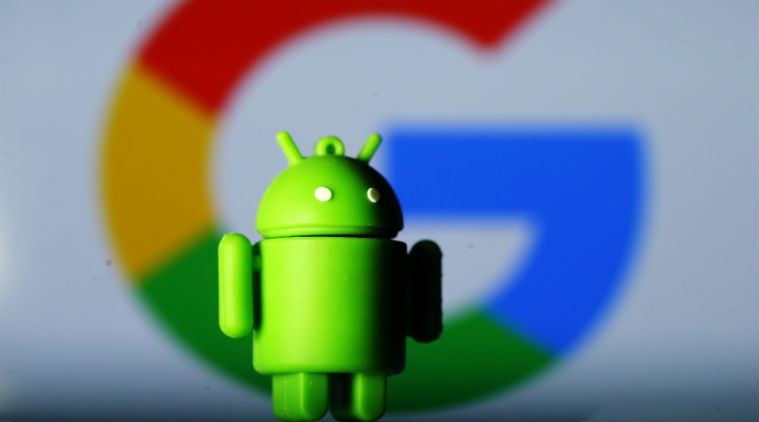
The EU’s decision to force Google to unbundle its Chrome and search apps from Android may have some implications for the future of Android’s free business model. In a blog post defending Google’s decision to bundle search and Chrome apps on Android, Google CEO Sundar Pichai outlines the company’s response to the EU’s $5 billion fine. Pichai highlights the fact a typical Android user will “install around 50 apps themselves” and can easily remove preinstalled apps. But if Google is prevented from bundling its own apps, that will upset the Android ecosystem.
The European Commission has been investigating Android more closely over the past year after rivals complained that Google has been abusing its market dominance in software that runs on smartphones. FairSearch originally filed a complaint against Google back in 2013, and the group included competitors like Nokia, Microsoft, and Oracle. Former Microsoft CEO Steve Ballmer also called Google a “monopoly” at the time, one that authorities should control. While Google and Microsoft ended their Android patent disagreements a few years ago, that hasn’t stopped the EU from investigating the original allegations.
The $5 billion fine dwarfs Google’s previous $2.7 billion record-breaking fine from the EU last year over manipulated search results. Google is still appealing that particular judgment in a back-and-forth that’s expected to last years. Facebook, Intel, and Microsoft have all faced significant anti-competition fines from the European Commission. Microsoft was famously fined twice by the EU after the software maker failed to include a browser ballot in a Windows 7 update. Apple was also ordered to pay back $15.4 billion in taxes to the European Union.
Android has long been considered open-source software, but Google has slowly been adding key components into its Google Play Services software and associated agreements. Alongside anti-fragmentation agreements to keep manufacturers on Google’s version of Android, most Android handsets (outside of China) now ship with Google’s software and services bundled on them.
The EU has now ordered Google to adhere to its judgment within 90 days and unbundle search and Chrome from its Android offering. With Google appealing the decision, the legal process is likely to run for many years ahead. While many had expected Google to face its own “Microsoft moment,” the EU doesn’t seem to be forcing any strong future oversight on Android or asking Google to modify its software to include a ballot for alternative browsers or search engines.
“If phone makers and mobile network operators couldn’t include our apps on their wide range of devices, it would upset the balance of the Android ecosystem,” explains Pichai, carefully avoiding the fact that phone makers will no longer be forced to bundle these apps but can still choose to do so. Pichai then hints that the free Android business model has relied on this app bundling. “So far, the Android business model has meant that we haven’t had to charge phone makers for our technology, or depend on a tightly controlled distribution model,” says Pichai. “But we are concerned that today’s decision will upset the careful balance that we have struck with Android, and that it sends a troubling signal in favor of proprietary systems over open platforms.”
Fine of €4,34 bn to @Google for 3 types of illegal restrictions on the use of Android. In this way it has cemented the dominance of its search engine. Denying rivals a chance to innovate and compete on the merits. It’s illegal under EU antitrust rules. @Google now has to stop it
— Margrethe Vestager (@vestager) July 18, 2018
Pichai’s subtle talk of a “careful balance” of the Android business model will be seen as a warning shot to consumers, phone makers, and the European Commission. The EU has made no suggestions on exactly how Google should solve its app bundling violations. But it’s clear that if phone makers can bundle their own browsers instead of Chrome and point search queries toward rivals, then that could have implications for Google’s mobile ad revenue, which constitutes more than 50 percent of the company’s net digital ad revenue.
Google is warning that its Android business model could now change, and that may mean the company will need to consider licensing Android to phone makers. It’s an unlikely scenario that relies on consumers not seeking out Chrome or Google search on Android after Google’s unbundling. Given Google’s dominance in search and browsers and the popularity of its many web services, Pichai’s warning looks more like a bluff to court popular opinion than a genuine threat that Android will no longer be free.